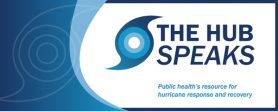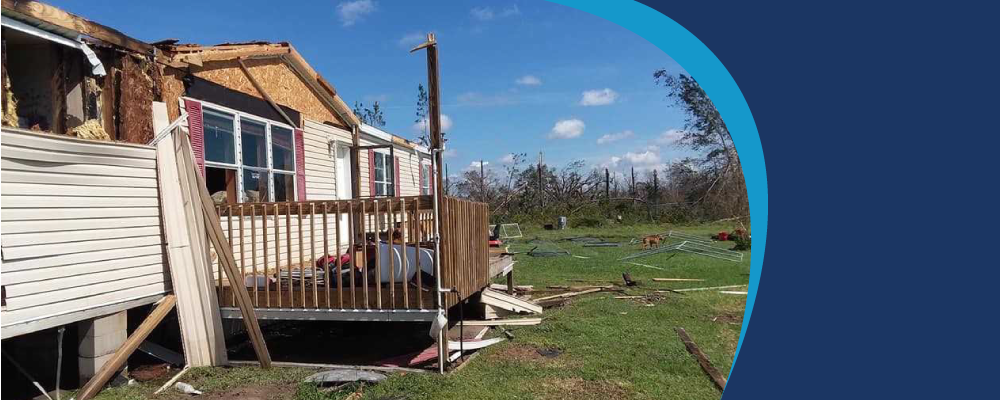Recovery in Stages: Ongoing Health Recovery Efforts from the 2017 Hurricanes
- By: National Network of Public Health Institutes
- Date
“We keep seeing the same results over and over and over.”
You can almost hear the frustration expressed by Debra Wray Furrh, an advocacy director for Lone Star Legal Aid in Texas, in a recent article from The Center for Public Integrity highlighting the disproportionate impact hurricanes and other natural disasters have on vulnerable communities. The article also cites federal research noting that individuals with fewer resources and power have much more difficulty recovering after disasters and are more likely to die.
The 2017 hurricanes were the most expensive on record, causing more than $200 billion in damage across the country. A majority of the damage was caused by Harvey, Irma, and Maria, and countless communities are still undergoing recovery efforts. It’s also worth noting that in 2017 alone, hurricanes, wildfires and other extreme weather affected nearly 25 million people in the United States–nearly 8 percent of the population. In the Federal Emergency Management Agency’s (FEMA) recap about 2017 disasters, the agency considered the events “ a reminder that response, recovery, preparedness and mitigation take the whole community.”
FEMA acknowledged millions of Americans affected by 2017 disasters would continue their recovery well into 2018. Nearly two years later, the need for recovery–particularly occupational and environmental health recovery–is still pressing and pervasive, especially in the communities affected by Harvey, Irma, and Maria. The Hurricane Response Hub (HRH) was created to respond to this specific need in five jurisdictions that were devastated by these three storms: Florida, Georgia, Louisiana, Puerto Rico, and Texas.
Oftentimes, the public health workforce is the primary driver of health recovery efforts in communities affected by hurricanes and other natural disasters. Technical assistance centers (TA Centers) in the five states listed above are working with a range of state and regional partners to lead public health workforce capacity building activities in disaster-related surveillance, environmental health and occupational health.
The training and assistance offered by the TA Centers are available to a wide range of partners, including health departments, emergency management agencies, colleges and universities, government entities, and other institutions because, as FEMA noted, “all segments of society, from individuals to governments to the private sector, have an important role to play to build resilience and a true culture of preparedness across the nation.”
Read More Articles from The Hub Speaks
Reflections: Hurricane Response Hub
Learning Opportunities: Resources for Hurricane Readiness & Recovery
To request technical assistance from one of the HRH technical assistance centers, submit the request below and a representative from an HRH technical assistance center will contact you within two business days.


 Subscribe To Our Communications
Subscribe To Our Communications